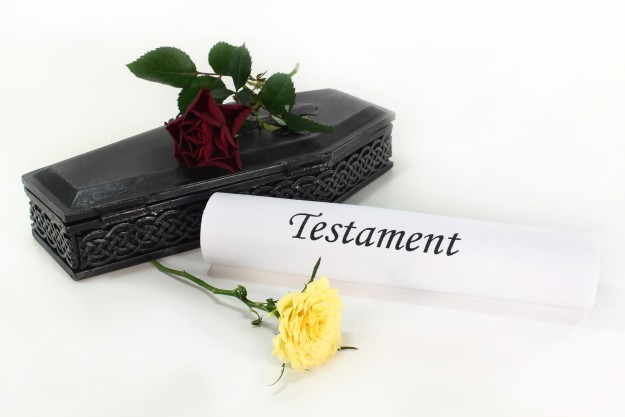Wills and Estate Planning Adelaide: More Adelaide Pet Owners Include Animals in Their Wills

Senior lawyer specialising in estate planning and Wills in Adelaide.
Rod Genders from Genders and Partners, the oldest law firm in South Australia, says that state law does not permit animals to be direct beneficiaries of a Will, as the law regards the animals themselves as property.
However, caring pet owners can leave money for their pets in pet trusts with provisions for how it is to be spent on the pet.
As our population ages and fewer couples have children, there has been an attitude shift where many people have come to view their animals less as pets and more as members of the family.












